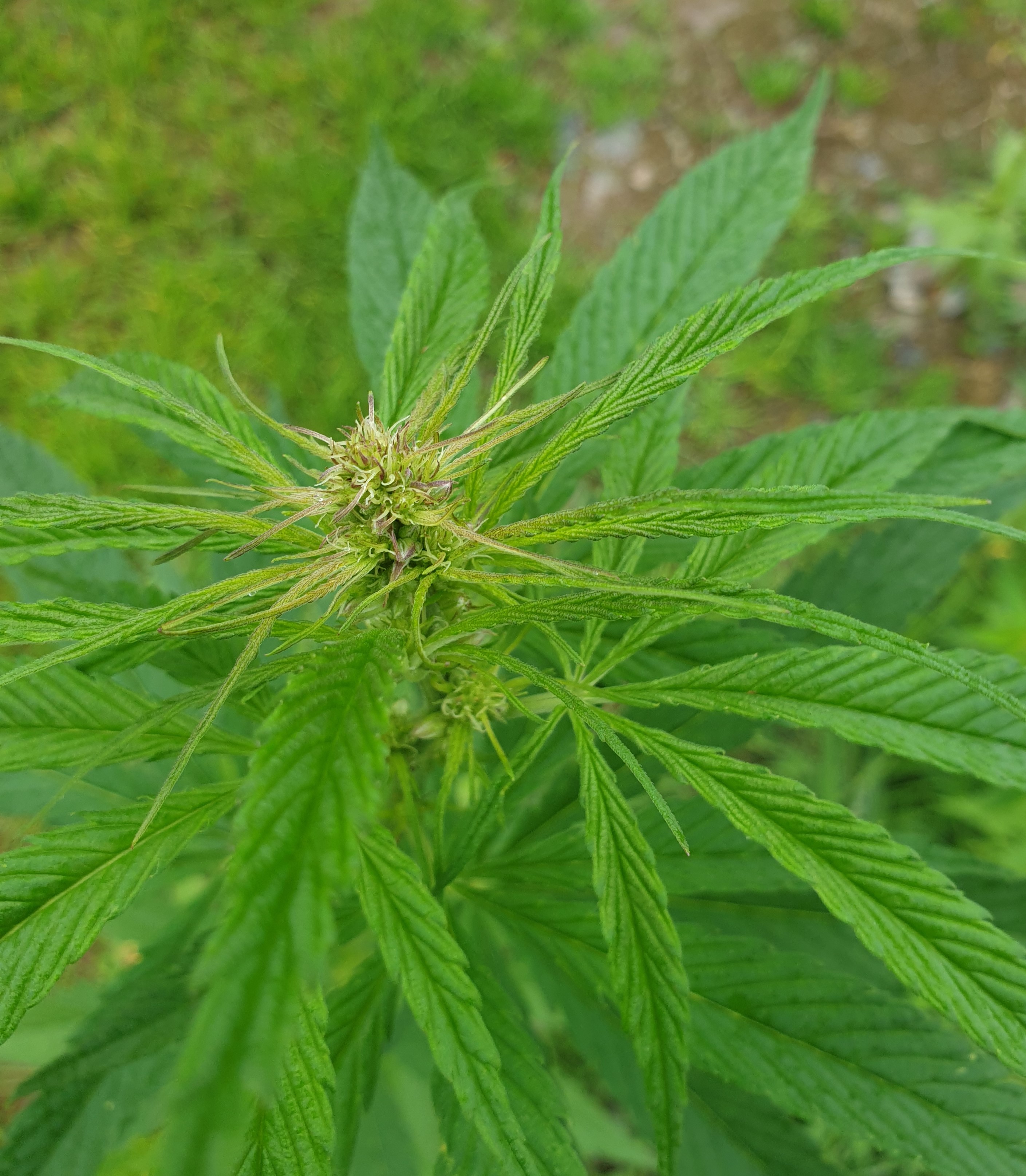Hemp research could open up new animal disease treatments

Hemp
28 May 2021
Research on using hemp as a cure for animal diseases has begun at Aberystwyth University.
A newly-filed patent application by Aberystwyth University and TTS Pharma outlines how the properties of a hemp extract could help lead to a new treatment for inflammation, including endometritis.
Endometritis is an inflammatory condition of the lining of the uterus and is usually due to an infection. Such conditions affect animals, including humans.
The development is part of a long-term partnership between industry and Aberystwyth University researching a wide range of potential uses for hemp.
Following preliminary trials of novel compounds as anti-inflammatory treatments in cattle, this project is looking at whether this innovative treatment could be used in several livestock animals.
This new approach could have major medical benefits. The treatments could reduce the need for antibiotics, and so could reduce the risk of bacteria developing resistance.
The Aberystwyth University research is investigating the use of this hemp extract as a treatment for disease in livestock animals. This work could provide a foundation for future research into the health benefits of hemp in humans.
Dr Debbie Nash from the Institute of Biological, Environmental & Rural Sciences (IBERS) at Aberystwyth University commented:
“The research is a testament to the great potential of hemp as a medical treatment for livestock animals. We are grateful for the support of our commercial partners and government as we continue our research. We hope in the future that these compounds will be a major benefit for the farming industry.
“Our in vitro models are being used to screen TTS products by assessing their anti-inflammatory properties. Ultimately after further testing we hope these may help treat bovine endometritis, which is a significant issue in the dairy industry. We are about to begin a new project that will investigate its use for equine and porcine endometritis, once again using in vitro models. Endometritis in cattle, pigs and horses causes infertility, however, the conditions occur at different parts of the breeding process in these animals, so studies are species specific.”
The research is expanding through a new 24-month Knowledge Transfer Partnership (KTP) between Aberystwyth University and TTS Pharma, who are specialists in pharmaceutical and health products and part of a collaborative Research & Development project, funded through the Welsh Government’s SMART Expertise programme.
Knowledge Transfer Partnerships aim to help businesses to improve their competitiveness and productivity through the better use of knowledge, technology and skills that reside within the UK knowledge base.
This Knowledge Transfer Partnership project was co-funded by UKRI through Innovate UK and TTS Pharma.
Mark Tucker, Chief Executive Officer of TTS Pharma commented:
“Following a SMART Expertise funded project led by Dr Debbie Nash and her team, this represents a milestone for us both. This ground-breaking research, led by the Animal Science team, builds on other ongoing research projects at Aberystwyth University. Dr Nash's team are evaluating a range of phytoactive candidates and our hemp-based formulations distinguish themselves from the other compounds.
“The results to date confirm our belief in the plant and its potential medical applications if correctly developed for both the animal and human healthcare markets. This kind of research helps us to understand the underlying mechanism of action and the specific diseases it is applicable to, across a range of different species, and helps us to ensure treatments are developed from credible research platforms.
“Aberystwyth University has all the resources necessary to evaluate the hemp plant, whether we are looking at the seed's genetics or the end clinical use. This is the first commercial outcome from several years of a growing multi-faceted research partnership with the University. This partnership offers a fantastic opportunity for us to build that databank and generate the science base across the entire product lifecycle to share with the wider community. We have much more work to do before this research finds its way into mainstream healthcare but it is a great example of how UK science can lead the way in this global market and we are excited for the development programme that lies ahead of us"



